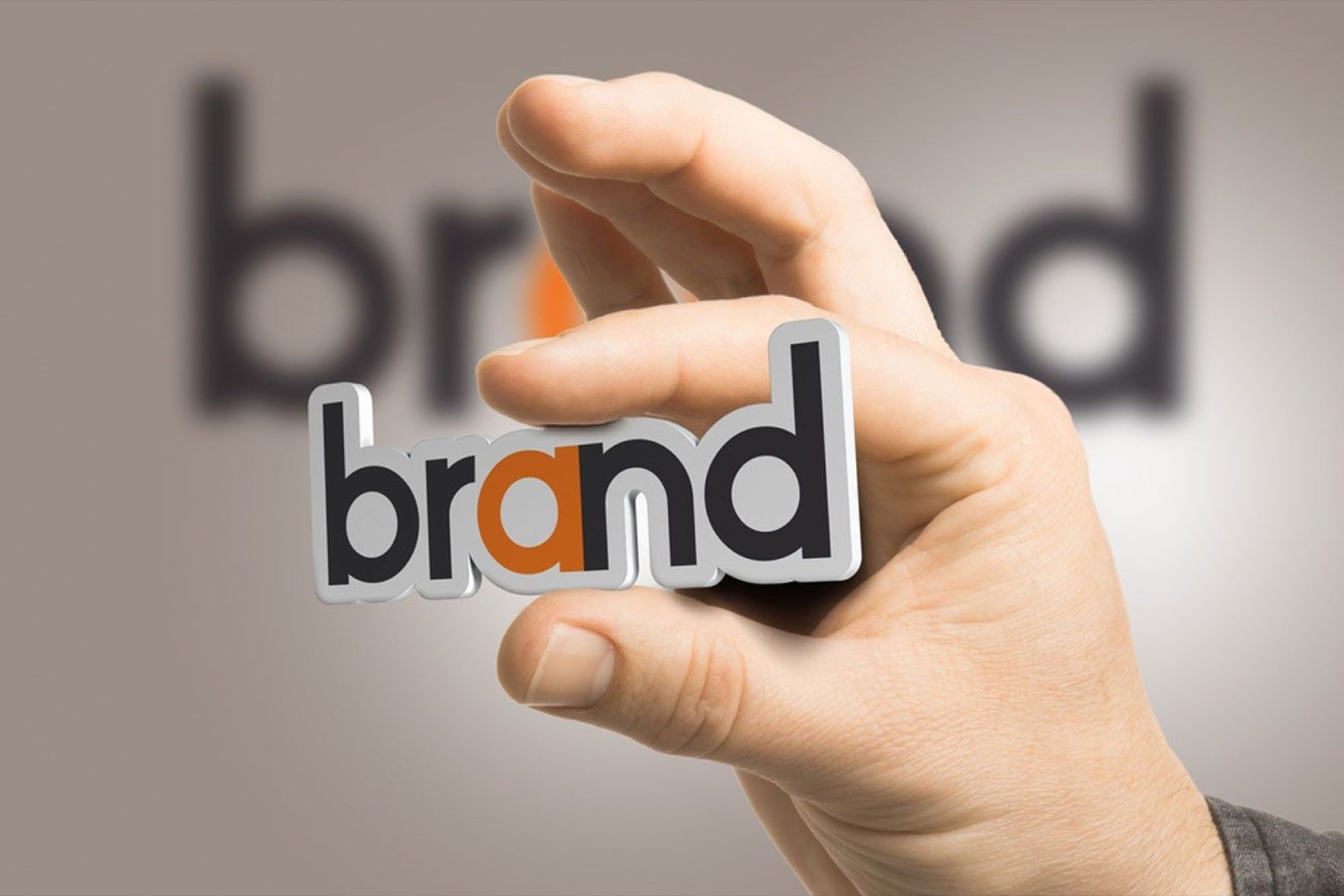What Comes First? Your Personal Brand or The One For Your Business Is it the founder who influences the business with their own brand? But isn't it also important to build a legacy with the business?
You're reading Entrepreneur India, an international franchise of Entrepreneur Media.

Brand or Business? What comes first and what influences the other? When you are building a business, it's also important to build the brand for your company. But here's where another dilemma comes in. When you are talking about a startup, the founder or the entrepreneur is under the spotlight, often becoming a brand himself/herself. So, in such a situation is it the founder who influences the business with their own brand? But isn't it also important to build a legacy with the business?
If you too have been pondering with similar questions, we got you the answers. Entrepreneur India spoke to start-up founders about what really makes the brand – the founder or the business.
The Founder is the Thought Leader
When you are building a company, the founder is the go-to person for all queries. Priyanka Gill, CEO & Founder, POPxo believes that at the very beginning all founders are the face and brand of the company. She said that the founders speak for the company to all stakeholders and as the company grows, it assumes a separate identity. "A Founder often continues to be the spokesperson for the company and his/her personal brand also evolves. If the Founder is well-regarded and visible then it has a positive impact on the company as media and speaking engagements are a platform to talk about the company's mission as well as position the company as a leader in its space," she said.
If you have successfully built a company you become a thought leader who guides other entrepreneurs too. Gill added that if the founder is seen as a thought leader then the amplification of the message happens naturally benefiting the company.
Don't Let Just the Brand Name Work For You
Many a time, when a celebrated personality starts his/her own venture, it becomes news. Their brand name then helps them get more opportunities their way. Rahul Chander, Managing Director, LivFin believes that in the nascent stage, having an influential person as the founder helps the business take off faster and have a better connect with customers. It gives a jump start for the business in its early stages. "However, the founder-entrepreneur should not turn complacent to the initial advantages stemming from his/her personal connections. The founder should put the company's interests on the forefront, with a futuristic view and break new grounds in the business by having more influential people endorsing the brand," he said.
But how does one ensure the fame doesn't get in the way? Chander said that the best way to do this is to have a better connect with the customers who have real influence over the market. Building a good team with a shared vision to execute the business plan is the other critical factor for long-term success.
So What Comes First?
Therein lies the million dollar question. Dr Shruti Nath, Director and Mentor, Qwazent Health Search believes that founders who are institutional builders would always build a company as a Brand. Building a personal branch is never the right strategy and is a self-centred approach does not create a perpetuity of the business. "While it is true that in evolving stages of organization, companies benefit and leverage personal brand of the founders / CEO's of the Company, however, successes of organization in long run are dependent upon building an independent culture and identification of the Company, great founders know that building Company brand is also building their personal brand simultaneously – today we know Google, Facebook, Apple, Microsoft as brand companies and their founders are remembered for creating those which have survived and prospered even without the founders being at the helm of affairs," she said.
But Dr Nath also points out that companies which were driven by a personal brand of the founders "Elon Musk' – Tesla have also now come to the realisation that it is important to build the Corporate Brand and now try to segregate the two.
Meanwhile, Chander believes that the building brand you or business, depends on the type of business we are talking about. He said that if the founder is a brand in a particular line of business, say fashion or personal care or sports merchandise, then the founder automatically becomes the brand ambassador or the brand itself for the line of products on the offer. "There is, however, an innate risk to such a model. Any event or episode with a negative connotation for the founder can hit the brand badly. It is better to build the business as a brand rather than building the business centring around an individual's personality or image. Building a unique product or service as a strong brand and getting customer endorsement for it should be the priority," he said.













